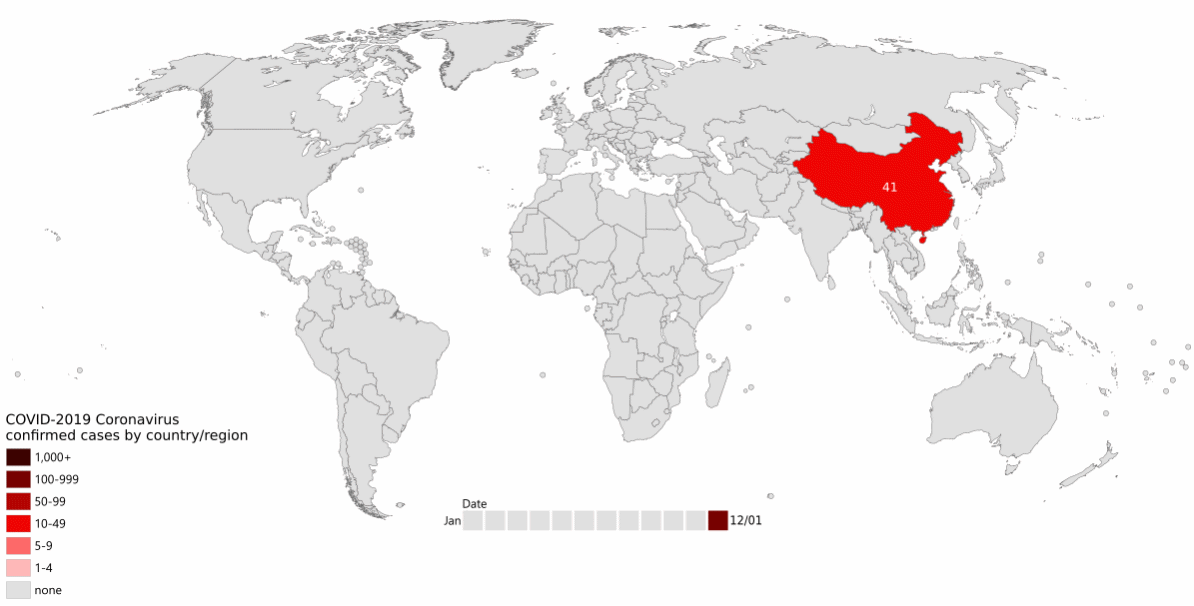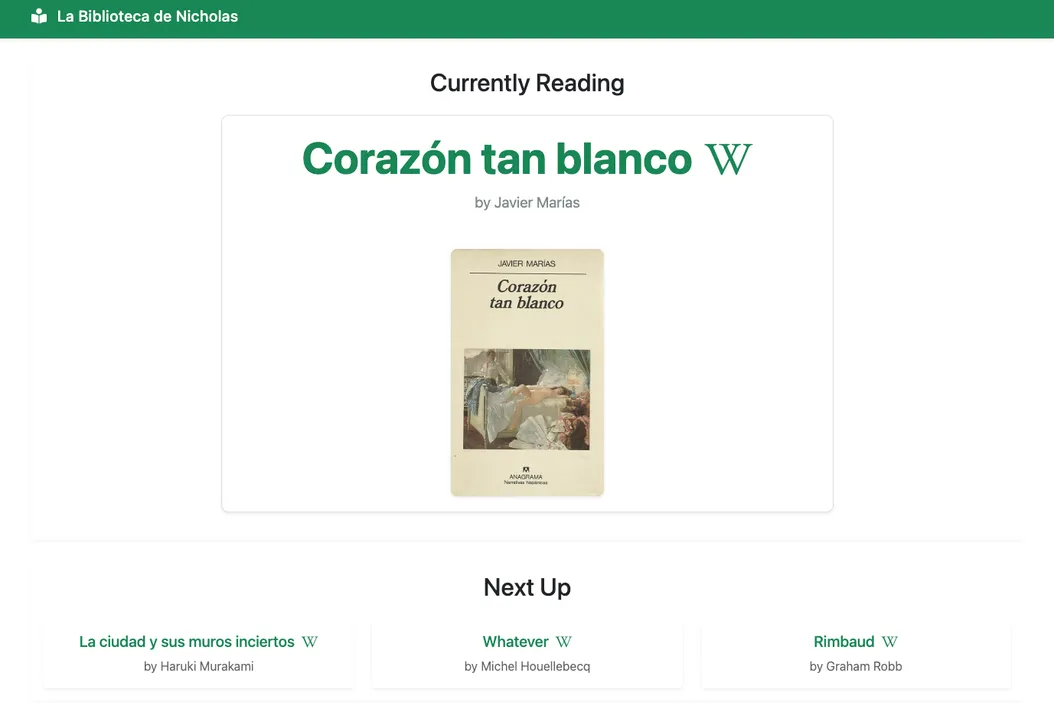
I was supposed to travel home this Friday. I was meant to take a work trip to London and Madrid to visit some clients and to also enjoy some exquisite bread with tomato and garlic paste at 8 in the morning. I was going to bookend the trip with a few days in Ireland to see my parents and to participate in some of the quaint local St Patrick’s Day customs.
Over the past few weeks I have been deliberating as to whether I should travel or not. The risks for me in terms of contracting the virus are relatively low and I have been taking additional precautions, in addition to the novelty of washing my hands, such as eating badly prepared porridge and very nice oranges. I had already thought out how I would make it through the connection in Paris and how I would manage with the disgusting tray tables on the aircraft.
The problem is that I knew that once I stepped out onto the windswept tarmac of Dublin Airport’s charming entrance road that I would be sure that I had the virus. As I watched a JJ Kavanagh coach go by my brain would go into overdrive and the slightest rise in body temperature would mean that I was Dundalk’s patient zero. A tickle in my throat after a mistimed drink of water would transform me into the pariah that infected the East coast’s cultural hub.
The same thing happened to me when I recently got back from a trip to the US. I was lifting suitcases in Santiago airport when I realized I was sweating. A jolt of fear flashed through my mind: I have it, the fever will consume me. The fact that it was around 32 degrees and that I was lifting several 23kg suitcases didn’t occur to me as I tried to consciously stop breathing in order to reduce the spread of the disease.
This inevitable paranoia during my time in Ireland would have been accentuated by the fact that my parents, especially my mother, form part of the group of people who are at a higher risk from the virus. It would have been quite unbearable to eat dinner alone in the bathroom every evening. I am still worried for my parents but I have decided that staying away for the time being is the best option. I was able to rebook my flights for no additional charge and, all going well, I would hope to travel in May.
Paranoia isn’t nice. Especially when you are heading down in the elevator and you wonder if you really did lock your apartment door. However, I think that in this case we would be a bit better off if we let the paranoia take over. I strongly recommend reading this article from The Atlantic:
Lipsitch predicts that within the coming year, some 40 to 70 percent of people around the world will be infected with the virus that causes COVID-19. But, he clarifies emphatically, this does not mean that all will have severe illnesses. “It’s likely that many will have mild disease, or may be asymptomatic,” he said.
The author explains how the deadliest part of this virus is its banality. Many of us will have it and not even know it. Indeed, it is highly likely that someone reading this is currently hosting the virus unbeknownst to themselves. If your response to this is that “It is just a flu!” then you are a moron.
Some will say that the media is playing a role in the hype and in some ways, this is true, the magazine where I work has enjoyed a boom in digital traffic over the past month as people frantically ruin their brains by reading all the coronavirus content available to them. On the other hand, if it wasn’t so bad then there wouldn’t be so much to write about. Unfortunately, this virus is very real and you just have to take a look at Italy to see the consequences.
As you can see on the graphic above (updated until Feb 29th), Latin America has been spared the worst of the disease thus far. We are just coming to the end of a hot summer which has limited the diseases transmission somewhat (theory: less colds and flu = less transmission). The other benefit is that the population doesn’t travel as much as in Europe. Schools here don’t send 10,000 students on ski trips to Northern Italy. It has been easier to track the people who have returned from danger zones and the governments seem to be surprisingly somewhat on the ball. Considering just how mental the last six months have been that is definitely a plus. In Mexico they have even made a cumbia, a traditional style of music, about it. It is good and educational and reminds you to avoid places with crowds and to use “effective disinfectant”:
In short, wash your hands and don’t hug your parents. The younger generations are key to stopping the spread of this disease. As the more at risk groups start to isolate themselves it is up to us, the long suffering millenials, to put a stop to it. Be paranoid but don’t panic, be worried but try and be compassionate and be aware that there is always someone who the disease could affect more than you.

